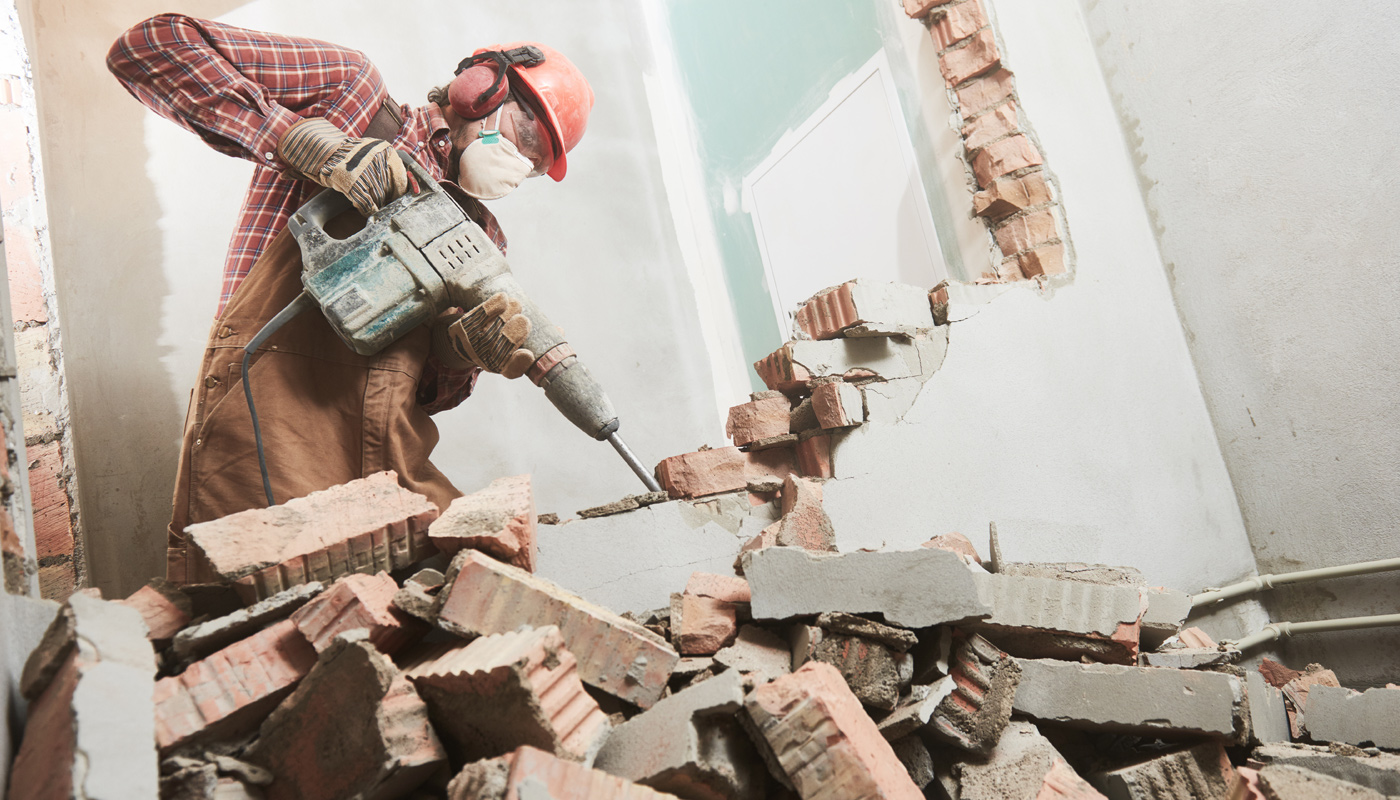



A Licence to Alter (LTA) is a formal document required by leaseholders who wish to make structural or significant alterations to a leased property. Many leases include restrictions on modifications, meaning tenants must obtain permission from the freeholder or landlord before proceeding. Understanding the process, legal requirements, and best practices for obtaining an LTA ensures a smooth approval and compliance with lease agreements. This guide explores everything you need to know about securing a Licence to Alter and how Fraser Bond can assist with the process.
A Licence to Alter is a legal agreement between a leaseholder and the freeholder that grants permission to carry out specific property alterations. It ensures that changes comply with the lease terms, building regulations, and planning permissions where applicable.
Structural changes (e.g., removing walls, extensions, or loft conversions)
Changes to plumbing or drainage systems
Electrical rewiring and installations
Window replacements or alterations to external façades
Flooring changes (e.g., carpet to hardwood, which may affect noise levels)
Installation of air conditioning or heating systems
Most leases contain clauses restricting alterations without consent. Proceeding without an LTA may result in legal disputes or fines.
Obtaining permission ensures that alterations do not negatively impact the building’s structural integrity or market value.
Failing to secure an LTA can lead to lease violations, putting your tenancy at risk and complicating future property sales.
The approval process helps verify that alterations meet building codes, planning permissions, and health and safety regulations.
Check your lease terms to confirm whether an LTA is required for your intended alterations. Some minor cosmetic changes may not need approval.
Before applying for an LTA, prepare necessary documents, including:
Architectural plans and drawings
Structural engineer reports (if applicable)
Details of contractors and works involved
Timelines and expected completion dates
Your request must be sent to the landlord or managing agent. They may require an administrative fee and further documentation.
The freeholder may appoint a surveyor to assess the impact of the proposed alterations. Legal advisors will draft the Licence to Alter agreement.
If approved, the freeholder may impose conditions such as:
Using approved contractors
Adhering to work hours and noise restrictions
Obtaining indemnity insurance
Once work is completed, a final inspection may be required to ensure compliance. Documentation, such as completion certificates, may be needed for records.
At Fraser Bond, we specialize in assisting leaseholders through the Licence to Alter process. Our services include:
Lease Review & Advice: Evaluating lease terms to determine alteration permissions.
Application Assistance: Preparing and submitting the LTA request with all necessary documentation.
Negotiations with Freeholders: Ensuring fair and reasonable conditions are agreed upon.
Surveyor & Legal Coordination: Managing third-party requirements for approval.
Project Oversight: Providing guidance throughout the alteration process to ensure compliance.
Obtaining a Licence to Alter is essential for leaseholders planning structural or significant modifications to their property. Navigating the legal and procedural requirements ensures compliance with lease agreements, protects property value, and prevents disputes with freeholders. Fraser Bond offers expert guidance to streamline the LTA process and secure approvals efficiently.